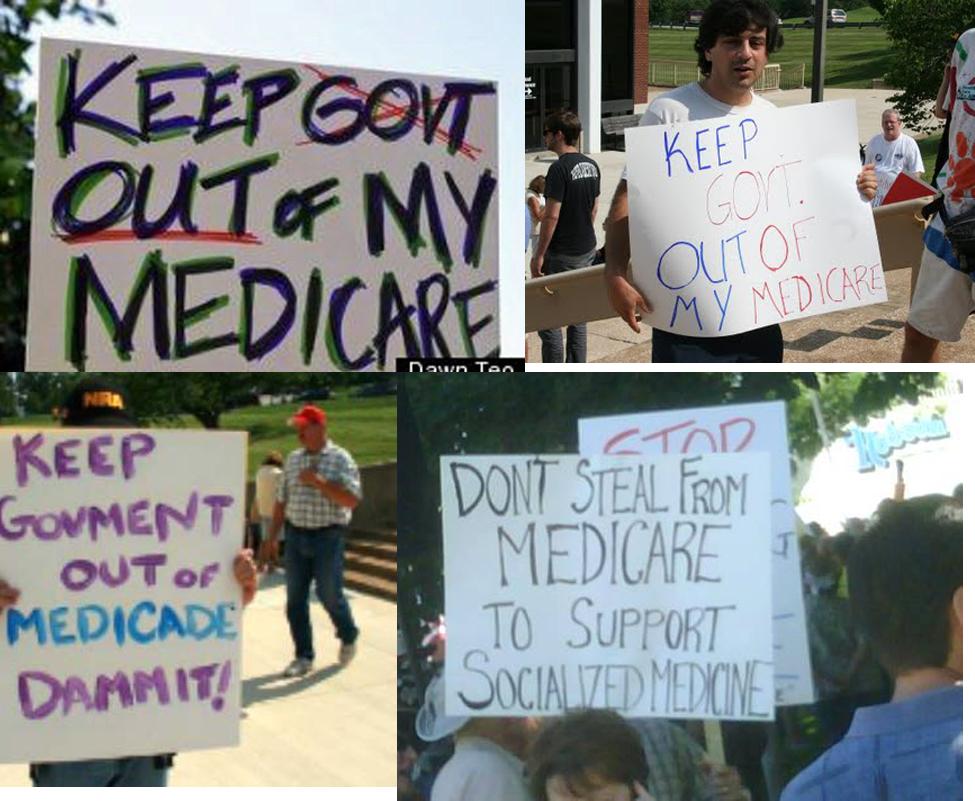

and load for the return trip at 3 to 3:15 p.m.

In San Francisco, the bus will load at the Main branch of San Francisco Public Library on Fulton and Larkin at 7 a.m. Join the national rally to tell Congressman McCarthy that older Americans are not buying it.īuses to Bakersfield will be picking up supporters from all over the state. Speaker of the House, Kevin McCarthy, is a well known supporter of privatization and spending reduction on each of these crucial resources for older Americans.ĪCTION: A National Day of Action, sponsored by CARA, is scheduled for Friday March 17 at Congressman McCarthy’s office in Bakersfield. By a 51-to-25 margin, adults ages 65 and older oppose changing Medicare into a program that would give future participants a credit toward purchasing private health insurance. Such mobilizations can have a potent effect on public opinion, but I argue can be both consequence and cause of ambivalence in public debates about taxes and social spending.SITUATION: Republicans claim Social Security, Medicare and Medicaid are “off the table” but their plans to weaken and privatize these valuable programs are far from over. I briefly examine the rise of the “Tea Party” movement in shaping public discourse after the financial meltdown of 2009, and contrast it with a potential counter-movement concerned centrally with income inequality, Occupy Wall Street. Finally, I examine the recurring phenomenon of grassroots mobilization of American voters around issues of taxes and spending. Around The Web Andy Griffith Ruined the Most Careers in Hollywood Your IQ is 140 if You Name 10 of These 1960s Shows Putting These Foods in the Refrigerator. This chapter also explores the implications of these insights for public policy, including possibilities for designing tax and welfare institutions to counteract cognitive bias and raising public awareness by advertising the benefits of popular government programs. The now infamous protest sign that read Take your government hands off my Medicare was emblematic of a decades-long campaign to denigrate government, leaving.

Specifically: information about taxes and spending is complex and may be hard for ordinary citizens to fully apprehend, cognitive limitations hamper people’s capacity to process the information ways that are always consistent, and symbolic politics play a critical role in shaping preferences about both taxes and government benefits. Speaker of the House Paul Ryan and his allies in the 115 th Congress (2017-2018) are rapidly pursuing a devastating agenda for Medicare that includes: Repealing the Affordable Care Act that would weaken Medicare, gut Medicaid, charge older adults five times more for insurance than younger adults and. This chapter identifies several key themes that reappear across disciplinary and subject boundaries. Decemby Diane Archer Add Comment Written by Diane Archer On Wednesday, Social Security Works, Just Care, and several other organizations delivered more than one million petitions to Congress demanding that it and president-elect Trump keep their hands off Medicare.

Extensive and lively debates persist within political science, sociology, law, economics, and psychology over how mass publics form opinions about the role of the state in mediating economic equality through both taxation and welfare institutions. Despite the broad reach of what is often referred to as the “social safety net,” Americans continue to have conflicted and contradictory attitudes about the relationship between tax burdens and social welfare benefits.


 0 kommentar(er)
0 kommentar(er)
